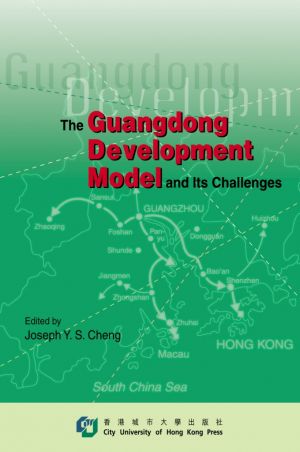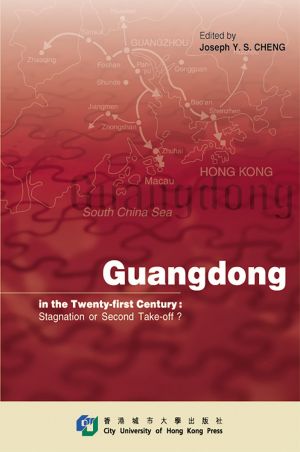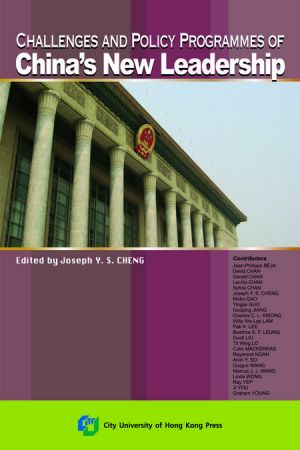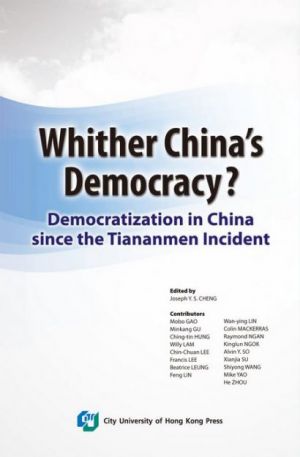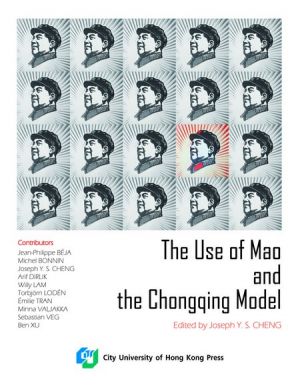China—A New Stage of Development for an Emerging Superpower
This volume presents a timely assessment of the Hu–Wen Administration at the juncture of preparing a change of China’s leadership in 2012–13. The assessment is important because the administration’s apparent success tends to create a path-dependent orientation on the part of its successor.
Bringing together a collection of nineteen major essays, this book offers a fresh perspective of evaluating the performance and achievements of China in the Hu–Wen era in terms of economic development, the establishment of a rudimentary social security system and her rising international status. The new opportunities and challenges facing China, and how will the likely successors Xi Jinping and Li Keqiang handle those opportunities and challenges, as well as new policy programmes will also be discussed in greater detail. Each essay is written by experts and scholars from different academic disciplines and backgrounds to provide readers with a unique overview of their respective areas of expertise.
This book will provide a platform for further informed deliberations among academics, students, corporate executives and professionals who are interested in China’s development.
China’s achievements in economic development and improvement in international status have been impressive in the past decade. The adjustments in economic development strategy took place before the international financial tsunami in 2008–9, and the respons
At the same time, there has been no significant political reforms in the past decade and more. Corruption has become more rampant; various vested interests have been more entrenched. Even official think-tank researchers admit that policy implementation often encounters strong resistance at the local level. Despite the raising of living standards, dissatisfaction and grievances continue to accumulate as reflected by the increases in frequency and scale of mass incidents. Unrest and riots in ethnic minority areas pose an obvious challenge.
The Chinese economy promptly recovered from the recent international financial crisis, but the economic downturn in the United States and Europe is expected to dampen China’s exports. The external economic environment is less likely to offer strong support for sustainable high growth rates. Meanwhile, economic difficulties in the developed countries generate more pressure on China to adjust its high dependence on trade and assume greater responsibility for the reform of the international financial structure.
The high-profile “return to Asia” strategy of the Obama administration fully exploits the uneasiness of China’s neighbours which have been concerned with the Chinese leadership’s assertiveness in territorial disputes and its military modernization programme. Their hedging strategies in turn facilitate the United States’ attempts to contain China’s influence and secure a guiding role in the regional economic integration process. Beijing now experiences diplomatic setbacks and is aware that greater efforts are required to re-assure the countries in the Asia-Pacific region.
Assessment of the Hu-Wen administration’s performance is a complicated task; it is important because the administration’s apparent success tends to create a path-dependence orientation on the part of its successor. A team of experts has been recruited to offer a volume to evaluate the administration’s achievements and difficulties in various policy areas, as well as the likely challenges and policy changes in the years ahead. Each author has been invited to focus on one important issue and offer his/her analysis, so that this book will provide a platform for further informed deliberations among academics, students, corporate executives and professionals who are interested in China’s development.
I would like to take this opportunity to thank all the authors for their support and co-operation. Thanks are also due to the staff of the City University of Hong Kong Press for their professionalism and dedication throughout the publication process.
Joseph Y. S. Cheng
January 2012


